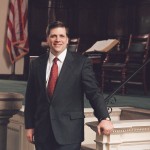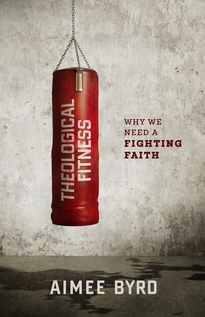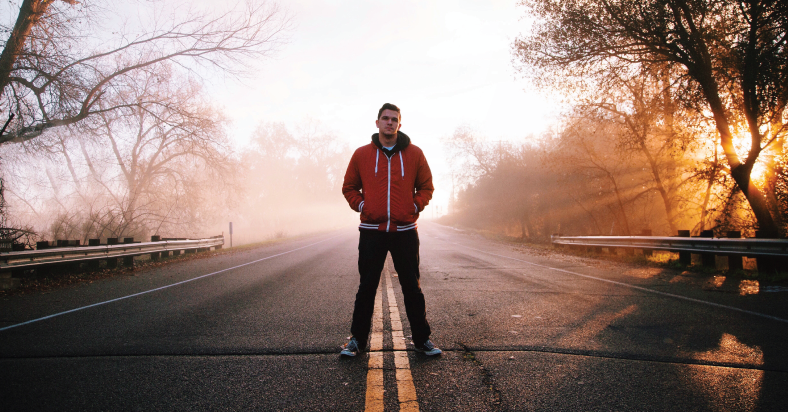Saved by Grace: The Glory of Salvation in Ephesians 2 by Richard D. Phillips
240 pages | Direct Price: $14.99 $11.50 | Subject: Biblical Reference, New Testament
Summary: If there’s ever been a time when Christians could benefit from a careful study of the second chapter of Ephesians, that time is now. With its clear and comprehensive exposition of the Bible’s doctrine of salvation, Ephesians 2 is the Rosetta Stone for untangling much of the doctrinal confusion found inour churches today. A careful study of these verses is indispensable to all Christians in clarifying our relationship to God and magnifying his sovereign grace in our minds and hearts.
A companion to Phillips’s Chosen in Christ, on Ephesians 1, this volume thoroughly works through all the doctrines of salvation in Ephesians 2, and examines, in light of current controversies, all aspects of our salvation.
New believers seeking a solid grasp on this issue and pastors seeking to teach with clarity on salvation can hardly find a more useful place to study.
Ephesians 2 also shines gospel light onto the doctrine of justification (answering the questions raised by the so-called “New Perspective on Paul”), the vital matter of union with Christ, the relationship between individual and corporate salvation, and a host of other topics. More than that, a renewed emphasis on Paul’s teaching in this pivotal chapter will greatly serve the cause of gospel vitality in our churches and our lives.
In the words of Philip Ryken, “Ephesians 2 is a celebration of life in Christ after death in sin—not just for us individually, but for the whole new community of the people of God.”
About the Author:
 Richard D. Phillips (M.Div., Westminster Theological Seminary; D.D., Greenville Presbyterian Theological Seminary) is the senior minister of Second Presbyterian Church of Greenville, South Carolina. He is a council member of the Alliance of Confessing Evangelicals and of the Gospel Coalition, chairman of the Philadelphia Conference on Reformed Theology, and coeditor of the Reformed Expository Commentary series.
Richard D. Phillips (M.Div., Westminster Theological Seminary; D.D., Greenville Presbyterian Theological Seminary) is the senior minister of Second Presbyterian Church of Greenville, South Carolina. He is a council member of the Alliance of Confessing Evangelicals and of the Gospel Coalition, chairman of the Philadelphia Conference on Reformed Theology, and coeditor of the Reformed Expository Commentary series.
Richard Phillips
Endorsements:
“In this careful, complete, and passionate exposition, Richard Phillips has offered us the gift of a whole book on one of the greatest chapters in the entire Bible.”






 Joshua Mack (MA in biblical counseling, The Master’s College; MDiv, The Master’s Seminary; DMin, The Southern Baptist Theological Seminary) is pastor-teacher of Living Hope Church in Pretoria, South Africa, and executive director of 1Hope Ministries International. He and his wife Marda have five daughters as well as two boys and one girl in permanent foster care. He is the author of
Joshua Mack (MA in biblical counseling, The Master’s College; MDiv, The Master’s Seminary; DMin, The Southern Baptist Theological Seminary) is pastor-teacher of Living Hope Church in Pretoria, South Africa, and executive director of 1Hope Ministries International. He and his wife Marda have five daughters as well as two boys and one girl in permanent foster care. He is the author of 


